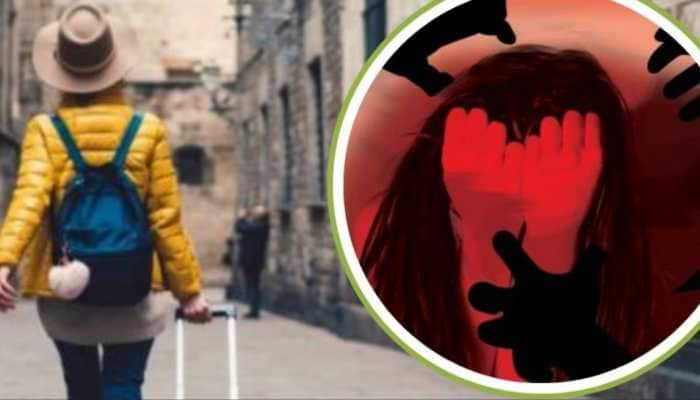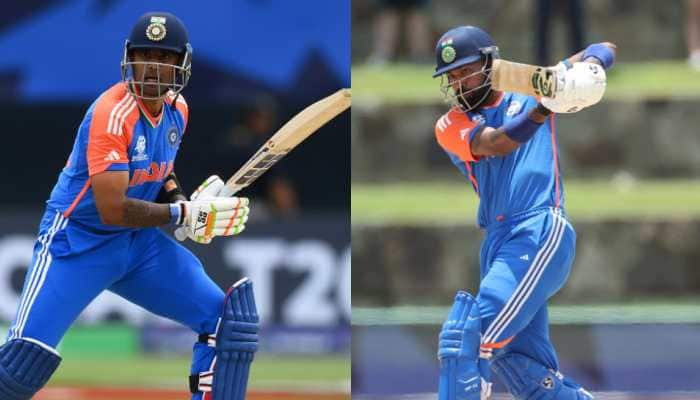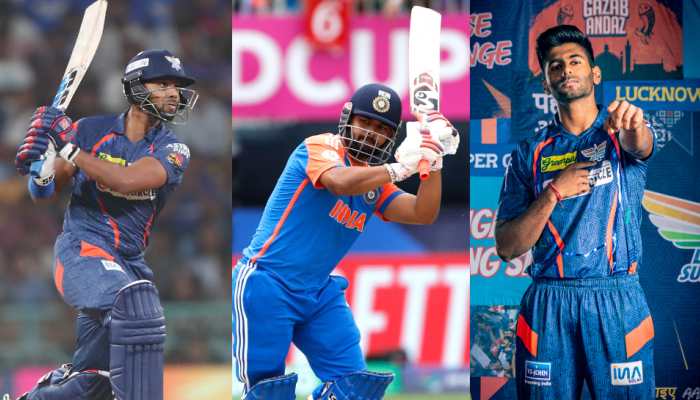Leukemia, the cancer that claimed Rishi Kapoor's life
Veteran Bollywood actor Rishi Kapoor, who was battling leukemia for the last two years, died at Mumbai’s Sir HN Reliance Foundation Hospital on Thursday (April 30) morning. He was 67. Rishi got treated for leukemia in the US for a year and had returned to India in September 2019. He was hospitalised after he complained of some breathing problem on Wednesday (April 29) night.
Trending Photos
) PTI photo
PTI photo Veteran Bollywood actor Rishi Kapoor, who was battling leukemia for the last two years, died at Mumbai’s Sir HN Reliance Foundation Hospital on Thursday (April 30) morning. He was 67. Rishi got treated for leukemia in the US for a year and had returned to India in September 2019. He was hospitalised after he complained of some breathing problem on Wednesday (April 29) night.
"Our dear Rishi Kapoor passed away peacefully at 8:45 am in hospital today after a two-year battle with leukemia. The doctors and medical staff at the hospital said he kept them entertained to the last. He remained jovial and determined to live to the fullest right through two years of treatment across two continents. Family, friends, food and films remained his focus and everyone who met him during this time was amazed at how he did not let his illness get the better of him," read a statement released by the Kapoor family after his death.
He is survived by wife Neetu Kapoor and children Riddhima Kapoor Sahni and actor Ranbir Kapoor.
What Is Leukemia?
Leukemia is a blood cancer which is caused due to the rise in the number of white blood cells (WBCs) in the body. The increased white blood cells crowd out the red blood cells and platelets which are required by the body to remain healthy. The extra white blood cells don’t work right.
WBCs are a vital part of immune system of our body as they protect the body from invasion by bacteria, viruses, and fungi, as well as from abnormal cells and other foreign substances. In leukemia, the WBCs stop functioning like normal WBCs as they divide too quickly and crowd out normal cells in due course of time. Majority of WBCs are produced in the bone marrow, but certain types of WBCs are also made in the lymph nodes, spleen, and thymus gland.
Leukemia Symptoms
A patient might not notice any symptoms in the early stages of some forms. The symptoms may include
-Weakness or fatigue
-Bruising or bleeding easily
-Fever or chills
-Severe infections
-Pain in bones or joints
-Headaches
-Vomiting
-Seizures
-Weight loss
-Night sweats
-Shortness of breath
-Swollen lymph nodes or organs like your spleen
Stay informed on all the latest news, real-time breaking news updates, and follow all the important headlines in india news and world News on Zee News.
Live Tv







)
)
)
)
)
)
)
)
)
)
